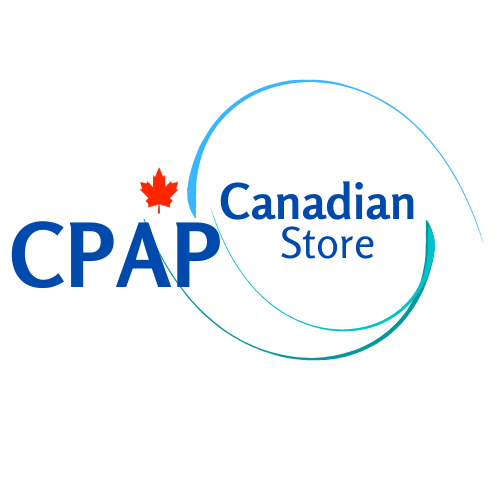Dealing with congestion can be a persistent and frustrating problem, especially when it affects your ability to breathe comfortably during sleep. For those using CPAP (Continuous Positive Airway Pressure) therapy, managing congestion is essential to ensure effective treatment of sleep apnea. In this blog post, we'll explore how nasal sprays, spicy foods, and vitamin C can help alleviate congestion and enhance your CPAP experience.
Understanding Congestion
Congestion occurs when nasal tissues and blood vessels swell with excess fluid, leading to a "stuffy" feeling. This can result from colds, allergies, sinus infections, or environmental irritants. When congested, using a CPAP machine effectively becomes challenging, as clear nasal passages are crucial for maintaining proper airflow and comfort.
Nasal Sprays: Fast Relief for Nasal Congestion
Nasal sprays are a popular and effective method for relieving congestion. Here are the different types and how they work:
Saline Nasal Sprays
Saline sprays are simple saltwater solutions that help moisturize dry nasal passages and loosen mucus, making it easier to clear congestion. Use saline sprays several times a day to keep nasal passages moist, especially before bed to improve CPAP therapy comfort.
Decongestant Nasal Sprays
Decongestant sprays, such as oxymetazoline (Afrin), constrict blood vessels in the nasal passages, reducing swelling and opening up the airways. These sprays provide quick relief but should be used sparingly (no more than three consecutive days) to avoid rebound congestion, where symptoms worsen once the spray is discontinued.
Steroid Nasal Sprays
Steroid sprays, such as fluticasone (Flonase), reduce inflammation in the nasal passages, providing long-term relief for chronic congestion often caused by allergies. These sprays are typically used once or twice daily and can be part of a long-term strategy for managing congestion.
Spicy Foods: A Natural Decongestant
Spicy foods, particularly those containing capsaicin (the active ingredient in chili peppers), can act as natural decongestants. Here's how they help:
Capsaicin helps thin mucus, making it easier to clear from the nasal passages. Eating spicy foods can trigger a runny nose and sweating, providing temporary relief from congestion. Incorporate hot peppers, horseradish, or wasabi into your meals to enjoy their decongestant effects. Even a bowl of spicy soup can help clear your sinuses.
Vitamin C: Boosting Your Immune System
Vitamin C is well-known for its immune-boosting properties, which can help reduce the duration and severity of colds and related congestion. Here's how vitamin C helps:
Vitamin C strengthens the immune system, helping your body fight off colds and infections that cause congestion. As an antioxidant, vitamin C protects against damage from free radicals, which can contribute to inflammation and congestion. Incorporate vitamin C-rich foods into your diet, such as citrus fruits (oranges, lemons), strawberries, bell peppers, broccoli, and spinach. If your diet lacks sufficient vitamin C, consider taking a daily supplement to meet the recommended intake.
Congestion and CPAP Therapy
For those using CPAP therapy to treat sleep apnea, managing congestion is critical for ensuring effective treatment. Here's the impact of congestion on CPAP therapy:
Congestion can make it challenging to breathe through your nose, leading to discomfort and reduced effectiveness of CPAP therapy. Severe congestion can force you to breathe through your mouth, which can dry out your mouth and throat and reduce the benefits of CPAP.
Tips for CPAP Users
Here are some tips for managing congestion while using CPAP:
Use a Humidifier
CPAP machines with built-in humidifiers can add moisture to the air, reducing dryness and irritation in the nasal passages.
Nasal Masks and Nasal Pillows Masks
Consider using nasal masks or pillows designed to provide better airflow through congested nasal passages.
Combine Remedies
Use nasal sprays, incorporate spicy foods, and ensure adequate vitamin C intake to manage congestion effectively.
Conclusion
Managing congestion is essential for overall comfort and health, especially for those using CPAP therapy for sleep apnea. By incorporating nasal sprays, spicy foods, and vitamin C into your routine, you can alleviate congestion and ensure a better night's sleep. Always consult with a healthcare provider before starting any new treatment or supplement, particularly if you are managing chronic conditions or using CPAP therapy. With the right strategies in place, you can breathe easier and sleep better, improving your overall quality of life.

